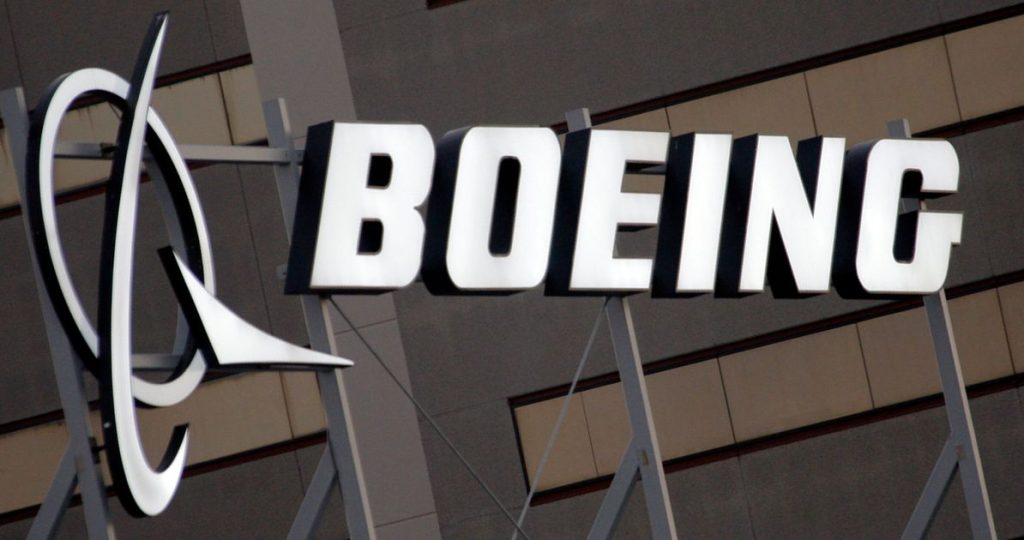The former Boeing manager was identified as Edward Pierson, who had previously served in a senior position in the company’s 737 MAX program. Pierson had reportedly raised concerns about the safety of the aircraft, particularly regarding the design flaws that led to two fatal crashes in 2018 and 2019. Pierson’s actions were seen as whistleblowing, as he had brought these concerns to the attention of senior management at Boeing.
It was reported that Pierson had been struggling with the stress and pressure of his role at Boeing, as well as the fallout from his decision to speak out about the safety issues. Pierson’s family and friends had expressed concern about his well-being in the months leading up to his death, as he had been experiencing feelings of guilt and isolation. Pierson’s death was ruled a suicide by the local police department, who confirmed that he had died from a self-inflicted gunshot wound.
The news of Pierson’s death has once again brought attention to the culture of silence and fear within the aviation industry, where employees are often discouraged from speaking out about safety concerns. In the case of the 737 MAX, it has been widely reported that Boeing executives prioritized profits and deadlines over the safety of the aircraft, leading to the tragic crashes that claimed the lives of 346 people. Pierson’s decision to raise these concerns and ultimately take his own life serves as a stark reminder of the personal toll that whistleblowing can take on individuals.
The Boeing company has faced significant backlash and scrutiny in the aftermath of the 737 MAX crashes, as well as the revelations of the internal communication that revealed deep-seated issues within the company. Several high-ranking executives have resigned or been fired, and Boeing has been forced to pay out billions of dollars in settlements to the families of the crash victims. The company has also been working to restore its reputation and rebuild trust with regulators and the flying public, but the legacy of the 737 MAX disasters continues to cast a shadow over the company.
Pierson’s death underscores the need for stronger whistleblower protections and a cultural shift within the aviation industry, where safety should always be the top priority. The industry must work to create a culture of transparency and accountability, where employees feel empowered to speak up about safety concerns without fear of retaliation. As the investigation into Pierson’s death continues, it serves as a reminder of the immense pressure that whistleblowers can face and the importance of supporting and protecting those who are willing to stand up for what is right.
In the wake of Pierson’s tragic death, there have been calls for greater oversight and regulation of the aviation industry to ensure that safety is always prioritized over profits. The failures that led to the 737 MAX crashes must serve as a wake-up call for the industry to address the systemic issues that contributed to those disasters. Pierson’s legacy should be one of courage and integrity, as he was willing to risk his career and ultimately his life to raise important safety concerns. It is up to the aviation industry and regulatory authorities to heed his warning and take action to prevent future tragedies.


